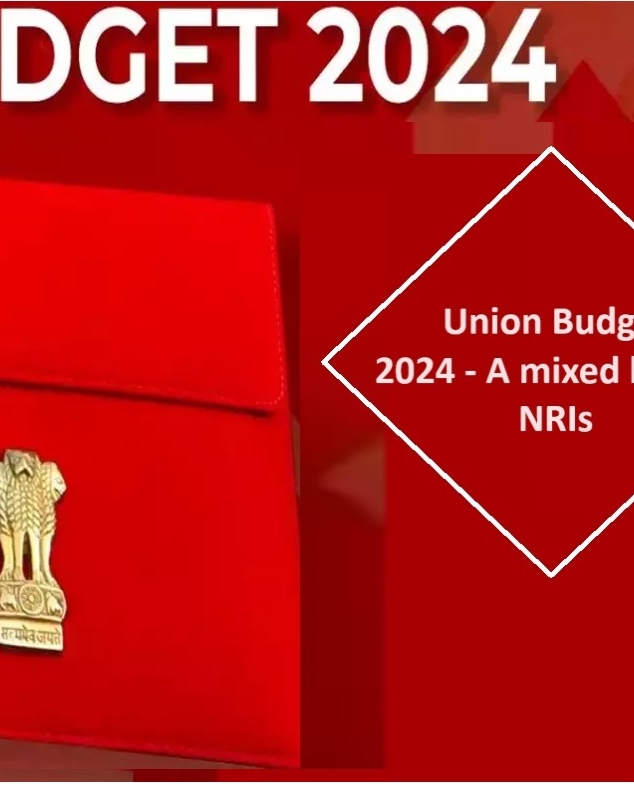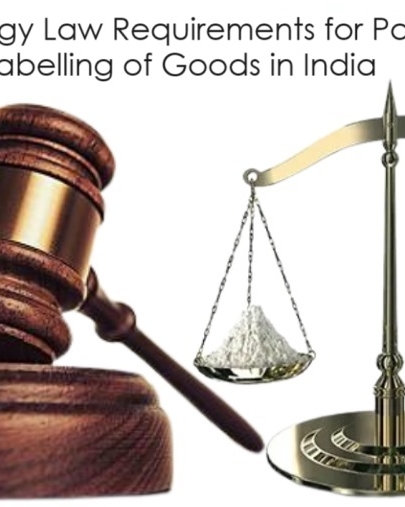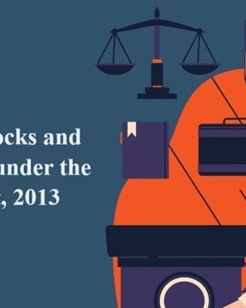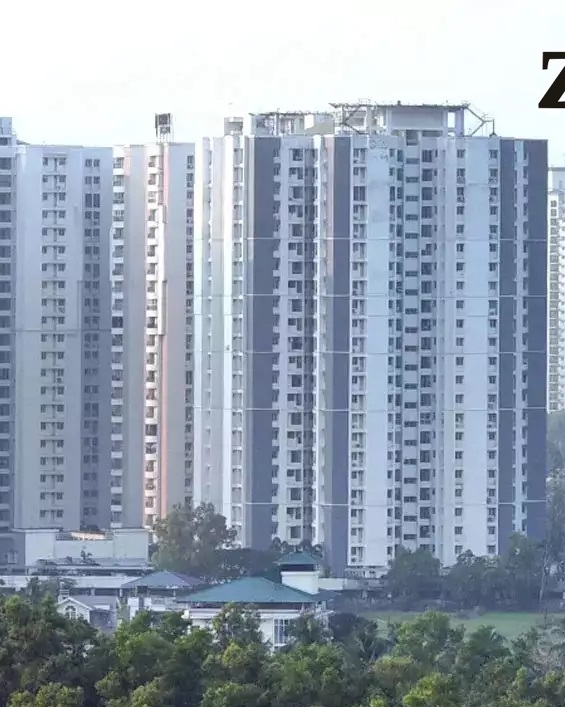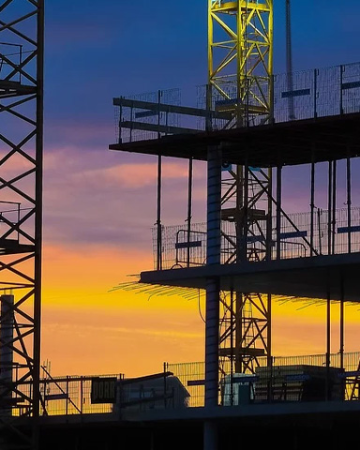Land transactions at all-time high, but clear titles remain a challenge
Experts Speak by Mr. Sunil Tyagi, Managing Partner, ZEUS Law
Published in www.moneycontrol.com on
With the surge in demand for housing, real estate developers have been acquiring land to build a robust pipeline of new housing projects. Most of the land is concentrated in strategic locations and growth corridors. However, land aggregators and legal experts said clear land titles remain an issue, even after the government introduced regulatory measures and some states adopted geo-tagging of land.
According to a recent report by Jones Lang LaSalle, more than 100 land transactions were locked in the 17-month period from January 2022 to May 2023 across 2,181 acres for proposed real estate development.
About 84 percent of the area transacted was for residential projects with a potential of 165 million square feet and estimated sales of Rs 1,22,000 crore.
More than half of the transactions (53) took place in the National Capital Region and the Mumbai Metropolitan Region, with a focus on residential development. The NCR, Chennai, the MMR and Bengaluru accounted for a 72 percent share, JLL said in the report.
Land title mess
Realtors said a lot needs to be done in terms of ensuring that the title of the land being acquired is clear.
“The buyer of the land should know who the owner is. In this direction, a lot needs to be done to ensure that the land title is clear. Also, while several states have started geo-tagging land, more states need to follow,” said Manoj Gaur, chairman of the Confederation of Real Estate Developers’ Associations of India – National (Credai National).
Deepak Goradia, chairman of Dosti Realty, is of the view that while there are not many issues with regard to land procured by the Maharashtra Housing and Area Development Authority, in the case of redevelopment, one may have to deal with tenants and get their consent even though the title of the land is clear.
Land-owning authorities should be brought under the Real Estate (Regulation and Development) Act so that they can be held accountable if they rescind on promises, said Boman Irani, president of Credai National, adding that in the case of redevelopment where titles are leasehold, there is still clarity that the leased property can be renewed for 30 years or 60 years.
Pankaj Goyal, promoter of Express Builders, an NCR-based real estate developer, said the entry price for buying land is prohibitively high. Besides, availability of funds to buy land has been a challenge after the liquidity crunch brought on by the crisis involving non-banking financial companies in 2018, after which they stopped lending for land.
Land digitization
Real estate experts say land acquisition continues to be fraught with risks and the process has become more complicated, especially when farmland is being purchased. The thrust now is on negotiation with farmers and their rehabilitation under the new laws.
“As far as ownership titles are concerned, that has always been a challenge,” said Sunil Tyagi, managing partner at Zeus Law Associates.
Experts said the amendment to the Hindu Succession Act, has made the situation more challenging because women who were earlier denied the right to own land are now staking their claim, increasing the number of land title cases. Following the amendment, a daughter and a son are equally entitled to inherit property and assets.
“It had been noticed that the patwaris often mutated the land record without considering the daughters and sisters as legal heirs. When a buyer zeroed in on inherited land, he would just about check the mutation records that presumed that only the sons inherited the property,” said Tyagi.
Having said that, the main challenge today is that anybody can file a challenge if the land has a title defect. Land mutation records are not maintained properly in India even though some states have made the process online, he said.
Lenders’ demands
Of late, lenders have started asking for clear land titles as a prerequisite to agreeing to a loan.
Over the past three years, a reasonable amount of digitisation of land records has taken place. After the introduction of RERA, requirements by lenders have become more stringent. The act mandates that builders upload land title records.
“This requirement by lending institutions and funds has mandated that the land title should be clear. Also, most states have started digitising their land records and many more districts have come under new master plan zones,” said Nisus Finance’s managing director Amit Goenka.
Time taken
It generally takes three to six months to acquire land, especially if it has been held by a company for years.
“It is simpler to transact an institutionally owned or corporate land as opposed to an individually inherited land,” he explained, adding that the time taken to acquire land depends on the availability of documents and titles.
The biggest challenge in India is the unavailability of title insurance, a form of indemnity that protects lenders and homebuyers from financial loss sustained from defects in a title to a property.
“Irrespective of how much due diligence you do, title risks still persist. Since there is no title insurance, there is an inherent risk in every land transaction,” said Goenka.
Also, in most states, a sale deed is signed after a certain amount of time. Once a sale deed is registered, the sale agreement may get registered after three to six months.
“This is to ensure that once the sale deed is registered, the title is effectively vested on to the buyer (mutated) and the rights of the seller are completely extinguished. When you register a sale deed at that point in time, the sub-registrar takes down your name in the records but the actual transfer of title or mutation takes place later,” he explained.
Title digitisation needs to be widespread and not limited to the metro level but also at the tehsil level. The option of title insurance should also be available to the land buyer. Also, the laws must be amended so that a time limit is imposed on claims. Today, there is no time bar on claims, he added.
“The land acquisition process continues to be cumbersome as there are multiple landlords. However, the title verification process has become significantly easier in some locations due to digitisation of land records,” said Vipul Roongta, managing director of HDFC Capital Advisors. “Title checks have become easier and entitlement, which is what you can do on the land, is significantly easier because the process of taking approvals has been simplified.”
Checklist for buyers
Buyers of land should ensure that all documents pertaining to title and revenue deeds, encumbrance certificates, and original land deeds are legally clear and without ambiguity.
Buyers must look out for any litigation and encumbrances on the property and release a public notice to ensure there are no claimants, said Mayank Saksena, MD of land services at Anarock Group.
Guidelines for land close to lakes, forests, railway tracks, and other sensitive zones must be observed, he added. Buyers should ensure that the site is not notified for acquisition by any government agency such as the National Highways Authority of India and metro corporations. No-objection certificates from such government agencies must be obtained.
According to Manish Singhal, a land aggregator active in the NCR, with most buyers scouting for land near exits of important/upcoming expressways, land is becoming scarce and expensive.
“Not everyone will get land near expressway exits,” he said.
Yet another issue is pricing. The price of land does not remain constant. In most cases, the minute a land aggregator starts amassing land, the owners increase the price, anticipating that a major warehouse or project will be set up.
“Pricing of land varies. It can even double or triple once news that land is getting consolidated spreads. Land available for Rs 1 crore an acre can go up to Rs 2 crore an acre by the time the aggregator ends up consolidating 50 acres,” Singhal explained.
“We continue to face issues with land titles and sellers backing out of deals because of a sudden increase in land prices,” Goyal said.
In Haryana, more warehousing units are coming up in unplanned areas – where external development charges are not imposed – than in notified warehousing sectors. EDC can range from Rs 93 lakh an acre to Rs 1 crore an acre, he said.
“The main challenge while aggregating land has to do with negotiating with the land owners where the commitment level is not high. Very often, land owners go back on the terms committed earlier,” he said, adding it may take six months to a year to complete the transaction. Besides, the buyer has to keep in mind that there is always the risk associated with prices going up by 10 to 20 percent.







